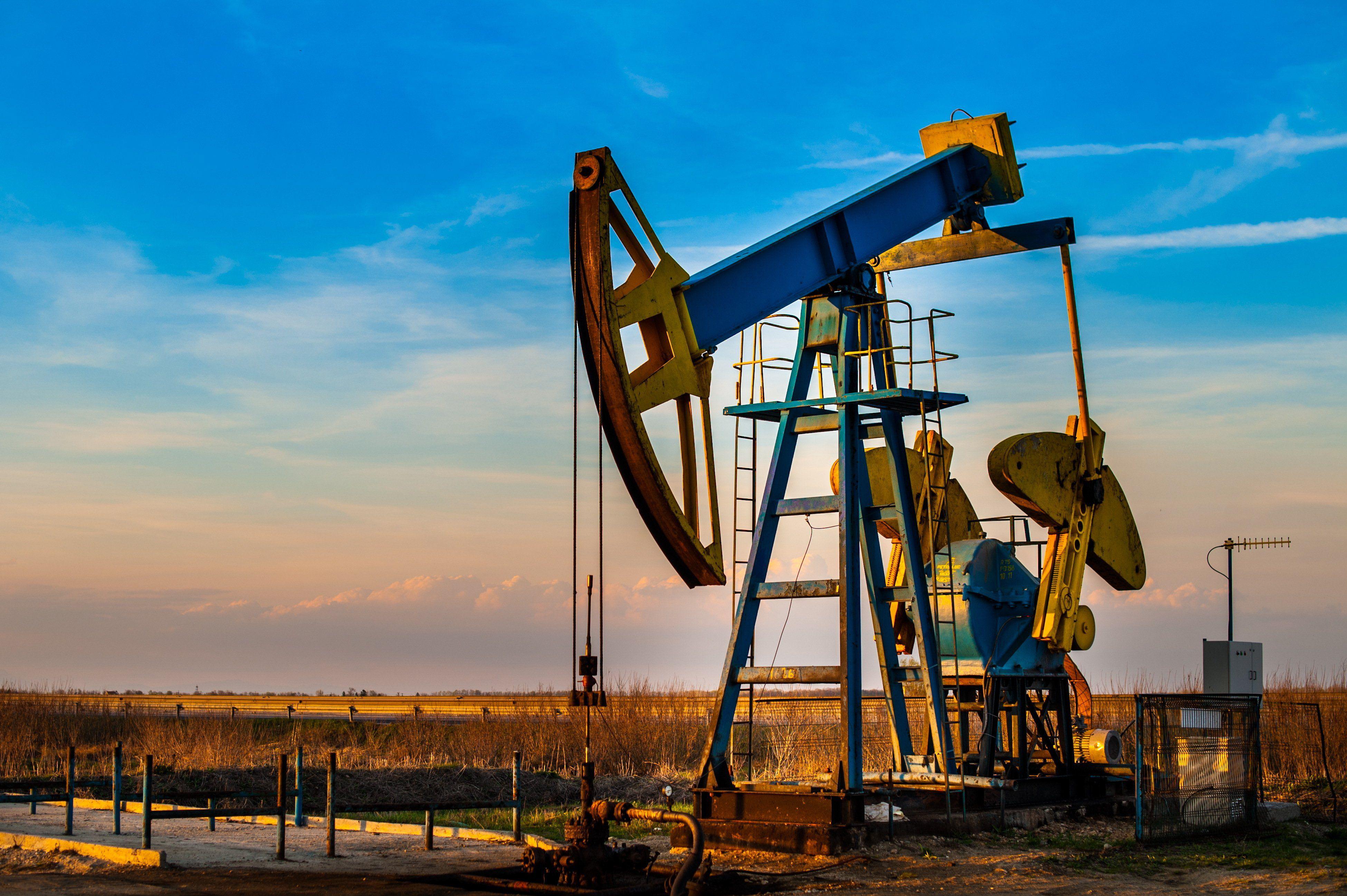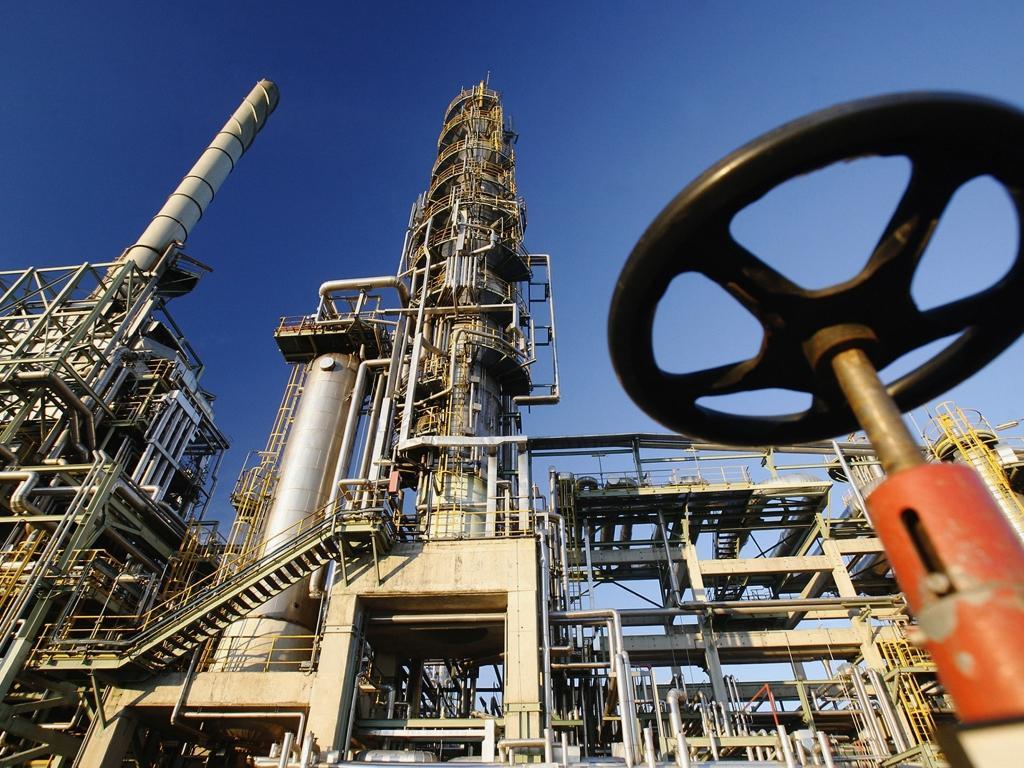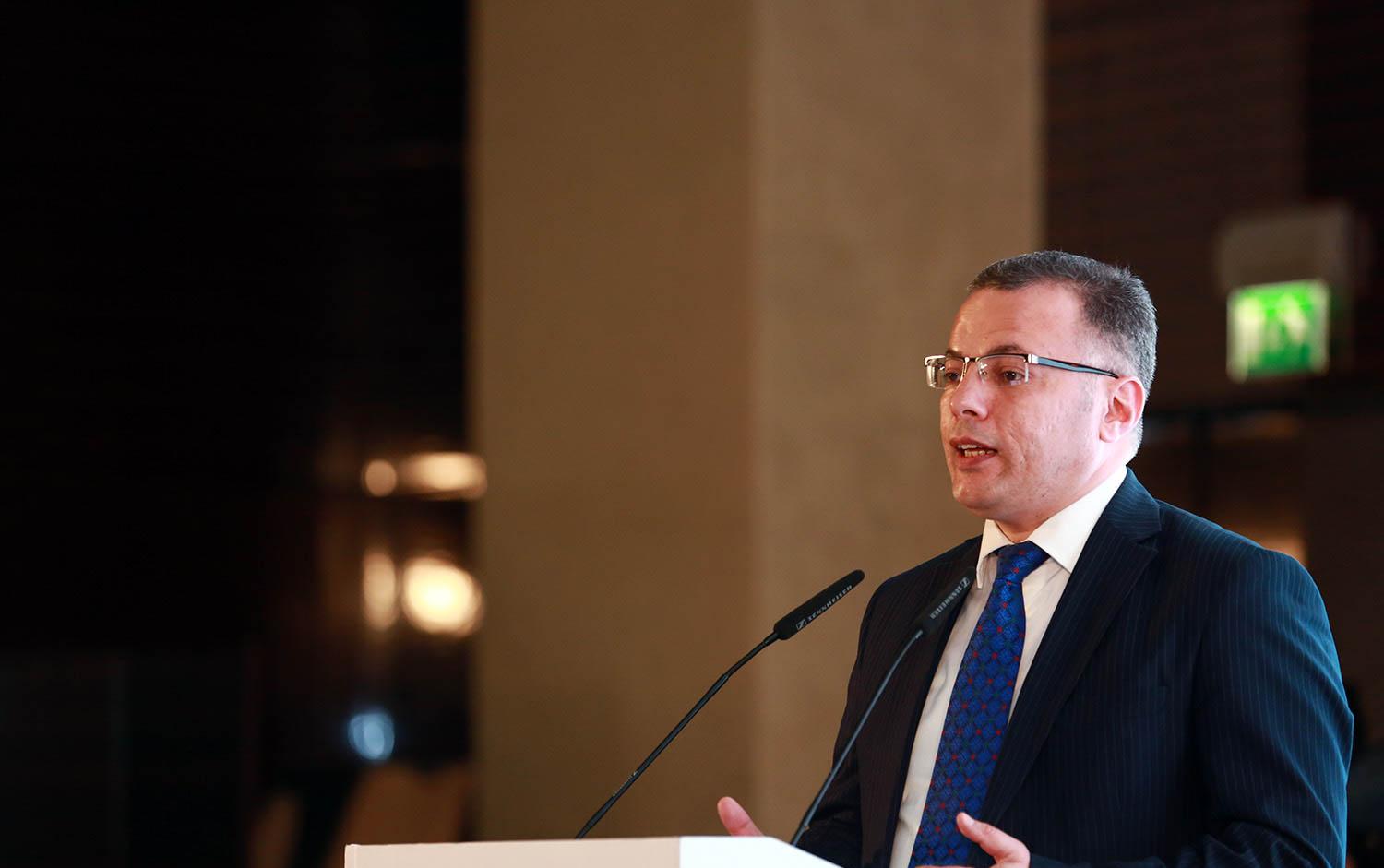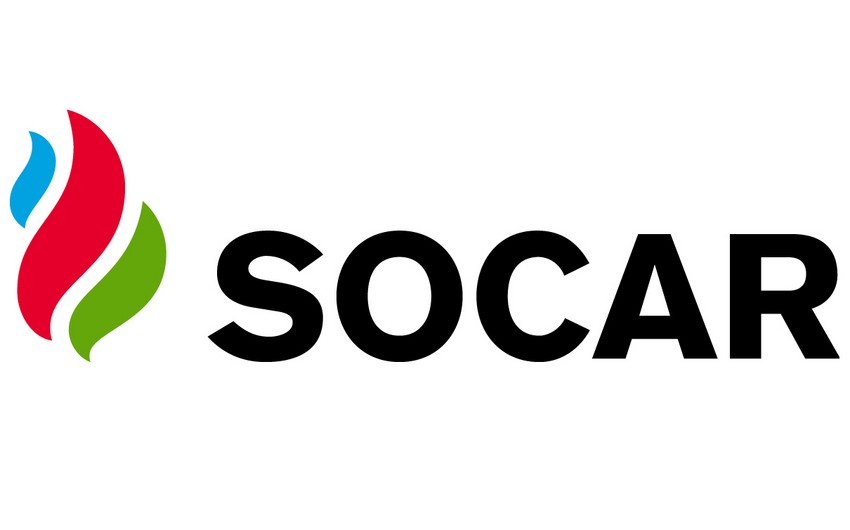Much has been written and said about Baku oil's role in the victory over fascism during World War II: During this period, Azerbaijani oilmen worked hard, producing record volumes of oil. Particular attention was paid to the production of petroleum products directly for the active army's needs - aviation gasoline, diesel fuel, aviation oils, etc. The fuel of Baku drove Soviet tanks, planes, cars, bringing more and more victories over fascism.
Did this oil help Azerbaijan to defeat the now Armenian fascism during the Second Karabakh War? Absolutely. Undoubtedly, the oil and gas projects implemented since 1994 became the main factor for building up economic and financial power and turned Azerbaijan into the economic leader of the South Caucasus in a short time.
The assets of the State Oil Fund, which accumulates revenues from the sale of oil and gas contracts, a transit of produced products, etc., currently exceed $ 43.3 billion. And in case of urgent need, SOFAZ could provide additional assistance to finance the army's needs. But this did not happen; the military equipment and other resources accumulated over all these years were quite enough for 44 days of hostilities.

On the other hand, the army itself, of course, did not face any shortage of oil products: In the warehouses of the Heydar Aliyev Baku Oil Refinery subordinate to SOCAR, as of September 1, 2020 (the war began on September 27), there were stocks of finished products: automobile gasoline - 104 thousand tons, jet fuel - 57.5 thousand tons, diesel fuel - 142.5 thousand tons, heating oil - 11.8 thousand tons, lubricating oils - 12.6 thousand tons.
Repeatedly, Azerbaijani oilmen, in their appeals to both the Supreme Commander-in-Chief Ilham Aliyev and the military personnel of the Azerbaijani army, noted that they are ready to use all their capabilities and resources for the victory over the enemy - both at the front and in the rear. And during these 44 days, these words have been repeatedly proved by deeds.
However, the role of oil workers and SOCAR after the long-awaited victory has not ended - on the contrary, they are called upon to play a crucial role in the revival of Karabakh, restoration of the former glory of its industry and agricultural sector.
As you know, there are no energy resources in the Karabakh region. In any case, today, there is no information about this.
However, this does not mean that the State Oil Company cannot become one of the main investors in economic projects in the liberated territories. To the point, SOCAR is currently the largest exporter of non-oil products from Azerbaijan.

Given the flexible investment policy, broad financial opportunities, and the experience gained in recent years in implementing large projects in Azerbaijan, and far beyond its borders, SOCAR can become both an initiator and an investor of important projects covering the industrial potential of the liberated territories. So far, the possibilities of these territories are only being evaluated, but rich natural resources, mineral deposits, and a favorable geographical location indicate that the creation of new enterprises here will help not only in the speedy restoration of the region but will also bring income to the non-oil piggy bank of Azerbaijan.
According to Vusal Gasimli, head of the Center for Analysis of Economic Reforms and Communication (CAERC), Karabakh can develop mining, metallurgical, processing, forestry, and creative industries as well as food and electricity production. "The overwhelming majority of enterprises located on the territory of Nagorno-Karabakh functioned based on materials, and supplies brought from regions of Azerbaijan. Some were branches of large enterprises in Baku," he noted.

According to the Center for Economic Reforms Analysis and Communication, 250,000 hectares of land that have been under occupation for many years and 120,000 hectares of unused land located near the former line of contact can potentially be used for crop rotation in the post-conflict period. V. Gasimli believes that this will justify the development of the processing and food industry in Karabakh. Notably, today, SOCAR Carbamide Plant is the largest project in Azerbaijan in the non-oil sector. The enterprise includes three production areas: ammonia, urea, and urea granules production. The plant produces 1.2 thousand tons of ammonia and 2 thousand tons of carbamide daily.
Of course, today, all government agencies and state-owned companies have already begun planning their activities in the liberated territories. With the removal of dangerous obstacles, it will be possible to carry out detailed engineering and determine how many SOCAR filling stations need to be built here, what type of infrastructure work is required, etc. But one can be sure of one thing - this will be a job that will bring maximum moral satisfaction, these will be projects that we have all dreamed of for 28 long years.
Expert Gulu Nuriev


 https://static.report.az/photo/140bf4b3-458a-3002-aaa7-3633d9d51e4e.jpg
https://static.report.az/photo/140bf4b3-458a-3002-aaa7-3633d9d51e4e.jpg

